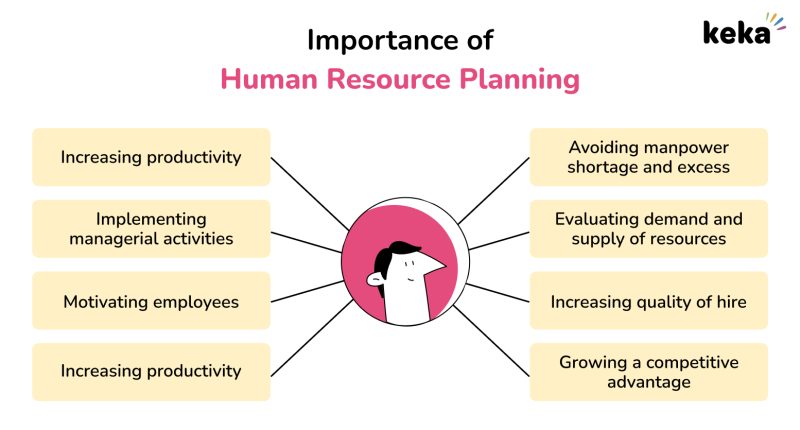What are the key challenges of economic diplomacy in promoting international trade
Economic diplomacy is crucial for promoting international trade, but it faces several key challenges. Addressing these challenges effectively is essential for creating favorable trade conditions and fostering international economic cooperation. Here are some of the primary challenges:
1. Geopolitical Tensions
- Political Conflicts: Geopolitical conflicts or strained relations between countries can hinder trade negotiations and disrupt existing trade agreements. Political instability or confrontations can create barriers to trade and investment.
- Sanctions and Trade Barriers: Diplomatic conflicts often result in sanctions or trade barriers, which can limit market access and increase the cost of doing business internationally. Navigating these obstacles requires careful diplomatic maneuvering.
2. Economic Nationalism
- Protectionist Policies: Some countries adopt protectionist measures to shield domestic industries from foreign competition. These measures, such as tariffs, quotas, and subsidies, can impede free trade and complicate diplomatic efforts to promote international trade.
- Economic Sovereignty: Balancing national economic interests with global trade goals can be challenging, especially when countries prioritize self-sufficiency or strategic industries over open trade.
3. Complex Trade Agreements
- Negotiation Difficulties: Crafting and negotiating trade agreements that address diverse economic interests and sector-specific concerns can be complex and time-consuming. Reaching consensus among multiple parties often requires significant compromise and negotiation skill.
- Implementation and Compliance: Even after agreements are reached, ensuring that all parties comply with the terms and effectively implement the agreements can be challenging. Disputes over interpretation or enforcement can arise, impacting trade relationships.
4. Regulatory Divergence
- Different Standards: Variations in regulatory standards and practices between countries can create barriers to trade. Differences in product standards, safety regulations, and intellectual property protections can complicate market access and increase costs for businesses.
- Harmonization Challenges: Efforts to harmonize regulations and standards across countries can be difficult, particularly when there are significant differences in national priorities or regulatory approaches.
5. Economic and Financial Instability
- Currency Fluctuations: Exchange rate volatility can affect international trade by impacting the cost of exports and imports. Economic instability or financial crises in one country can have ripple effects on global trade patterns.
- Debt and Financial Risk: Countries facing high levels of debt or financial instability may struggle to maintain stable trade relationships and attract foreign investment. Economic challenges can also affect trade negotiation leverage and cooperation.
6. Cultural and Language Barriers
- Communication Issues: Differences in language, culture, and business practices can pose challenges in trade negotiations and diplomatic interactions. Misunderstandings or miscommunications can lead to disputes or ineffective agreements.
- Cultural Sensitivities: Navigating cultural differences and sensitivities is crucial for building strong trade relationships and avoiding conflicts. Diplomats need to be aware of and respect cultural norms to foster positive interactions.
7. Global Trade Dynamics
- Shifts in Global Power: Changes in global economic power dynamics, such as the rise of new economic powers or shifts in trade alliances, can impact existing trade relationships and require adjustments in economic diplomacy strategies.
- Trade Wars and Tariffs: Ongoing trade wars or tariff disputes between major economies can disrupt global trade flows and create uncertainties for businesses. Managing these dynamics requires diplomatic skill and strategic planning.
8. Environmental and Social Concerns
- Sustainability Issues: Addressing environmental and social issues in trade negotiations, such as climate change or labor standards, can be challenging. Balancing economic interests with sustainability goals requires careful consideration and cooperation.
- Corporate Social Responsibility: Ensuring that trade practices align with corporate social responsibility (CSR) standards and ethical considerations is important for maintaining a positive global image and avoiding reputational risks.
9. Technology and Innovation
- Digital Trade Barriers: The rapid evolution of technology and digital trade presents new challenges, including data privacy, cybersecurity, and digital infrastructure. Addressing these issues requires innovative approaches and international cooperation.
- Intellectual Property (IP) Issues: Protecting intellectual property rights and addressing IP disputes in international trade can be complex. Effective diplomacy is needed to negotiate IP agreements and resolve related conflicts.
10. Public Perception and Support
- Domestic Opposition: Trade agreements and economic diplomacy efforts may face domestic opposition from stakeholders who perceive them as detrimental to local industries or employment. Gaining public support and addressing concerns is essential for successful diplomacy.
- Transparency and Accountability: Ensuring transparency and accountability in trade negotiations and agreements is important for maintaining trust and legitimacy. Managing public perception and addressing concerns about fairness and equity can be challenging.
Conclusion
Economic diplomacy faces a range of challenges in promoting international trade, including geopolitical tensions, protectionist policies, regulatory divergence, and global trade dynamics. Addressing these challenges requires skillful negotiation, strategic planning, and a balanced approach to integrating national interests with global trade objectives. By navigating these complexities effectively, countries can enhance their trade relationships and contribute to a more stable and prosperous global trading system.




